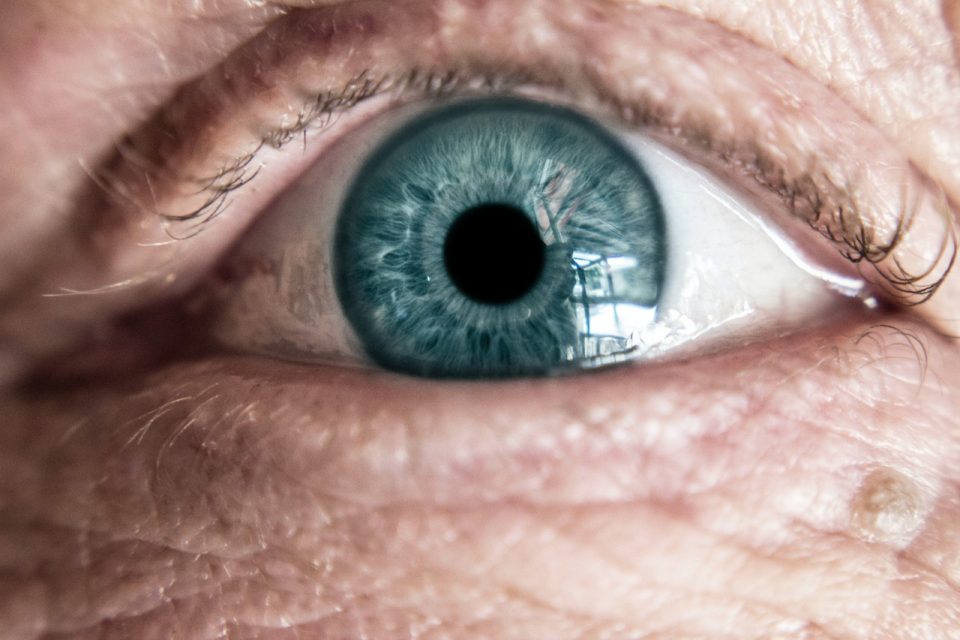Seeing Clearly: An Overview Of Eye Diseases And Treatments
When it comes to our eyes, we don’t often think about how delicate they are. Our vision is something that we take for granted, yet it can become impaired in a moment’s notice due to a number of different diseases and conditions.
In this blog post, we will be taking an overview of eye diseases and the treatments available to help restore our vision. From glaucoma to macular degeneration, read on to learn more about what goes into maintaining healthy eyesight and how you can ensure that your vision is being properly cared for.
Visit our page to check some facts about Eyes: celebrities with sanpaku eyes
What are the most common eye diseases?
The most common eye diseases are:
• Cataracts: A clouding of the eye’s lens, which leads to a decrease in vision. Cataracts are usually age-related, but can also be caused by trauma, certain medications, and diabetes. Surgery is the only way to treat cataracts.
• Glaucoma: A group of eye disorders that damage the optic nerve, which transmits images to the brain. Glaucoma is often associated with increased pressure in the eye. If left untreated, glaucoma can lead to blindness. There are several types of glaucoma, all of which require treatment by an ophthalmologist.
• Macular degeneration: A deterioration of the central area of the retina (the macula), which is responsible for sharp central vision. Macular degeneration is a leading cause of blindness in older adults. There is no cure for macular degeneration, but treatments are available that can slow its progression and help preserve vision.
• Diabetic retinopathy: A complication of diabetes that damages blood vessels in the retina, resulting in blurred vision and eventually blindness. Diabetic retinopathy is a leading cause of blindness among working-age adults.
What are the symptoms of common eye diseases?
There are many different types of eye diseases, and each one has its own set of symptoms. However, there are some symptoms that are common to many eye diseases. These include:
-Blurry vision
-Difficulty seeing in low light
-Eye pain or discomfort
-Redness or swelling of the eyes
-Sensitivity to light
If you experience any of these symptoms, it is important to see an eye doctor as soon as possible. They can perform a comprehensive eye exam and determine if you have an eye disease.
How are eye diseases treated?
There are many different types of eye diseases, and each one requires a different treatment. Some common treatments for eye diseases include:
– Surgery: This is often used to treat conditions like glaucoma and cataracts.
– Medication: This can be in the form of drops, pills, or injections. It is typically used to treat conditions like dry eye, macular degeneration, and diabetic retinopathy.
– Laser therapy: This is often used to treat conditions like retinal detachments, macular holes, and diabetic retinopathy.
– Radiation therapy: This is sometimes used to treat cancerous tumors of the eye.
Eye diseases can be treated in a number of ways, depending on the specific condition. For example, cataracts can be treated with surgery to remove the cloudy lens and replace it with a clear one. Glaucoma can be treated with medications, lasers, or surgery to help reduce pressure in the eye. Age-related macular degeneration (AMD) is often treated with vitamins, antioxidants, and/or special injections into the eye.
It’s important to catch eye diseases early so that they can be effectively treated. That’s why it’s important to have regular eye exams, especially if you have any risk factors for developing an eye disease.
You know about a trending category of eyes. If not then click here to know some famous please people’s eyes stories: Celebrities with Sanpaku Eyes
Are there any home remedies for eye diseases?
There are a number of home remedies that can help to improve or prevent eye diseases. Eating a healthy diet, rich in antioxidants and omega-3 fatty acids, can help to protect the eyes from damage. Exercise and maintaining a healthy weight can also reduce the risk of developing some eye diseases. Wearing sunglasses when outdoors can help to protect the eyes from harmful ultraviolet (UV) rays. And quitting smoking is one of the best things you can do for your overall health, including your eyes.
There are a few home remedies that can help with some eye diseases. For example, if you have dry eyes, you can try using a humidifier to add moisture to the air. You can also use artificial tears to lubricate your eyes. If you have blepharitis, you can try using a warm compress to cleanse your eyelids and remove the build-up of oil and bacteria. If you have conjunctivitis, you can try using a cool compress to soothe your eyes and reduce inflammation.
Conclusion
Overall, it is essential to recognize the importance of eye health and be proactive in ensuring that your vision is healthy. If you are experiencing any issues with your eyes or have a family history of eye diseases, getting checked by an optometrist on a regular basis can help identify any potential problems early on so that treatment can begin quickly. Taking care of our eyes should not be underestimated as our vision plays such a crucial role in our day-to-day lives.

